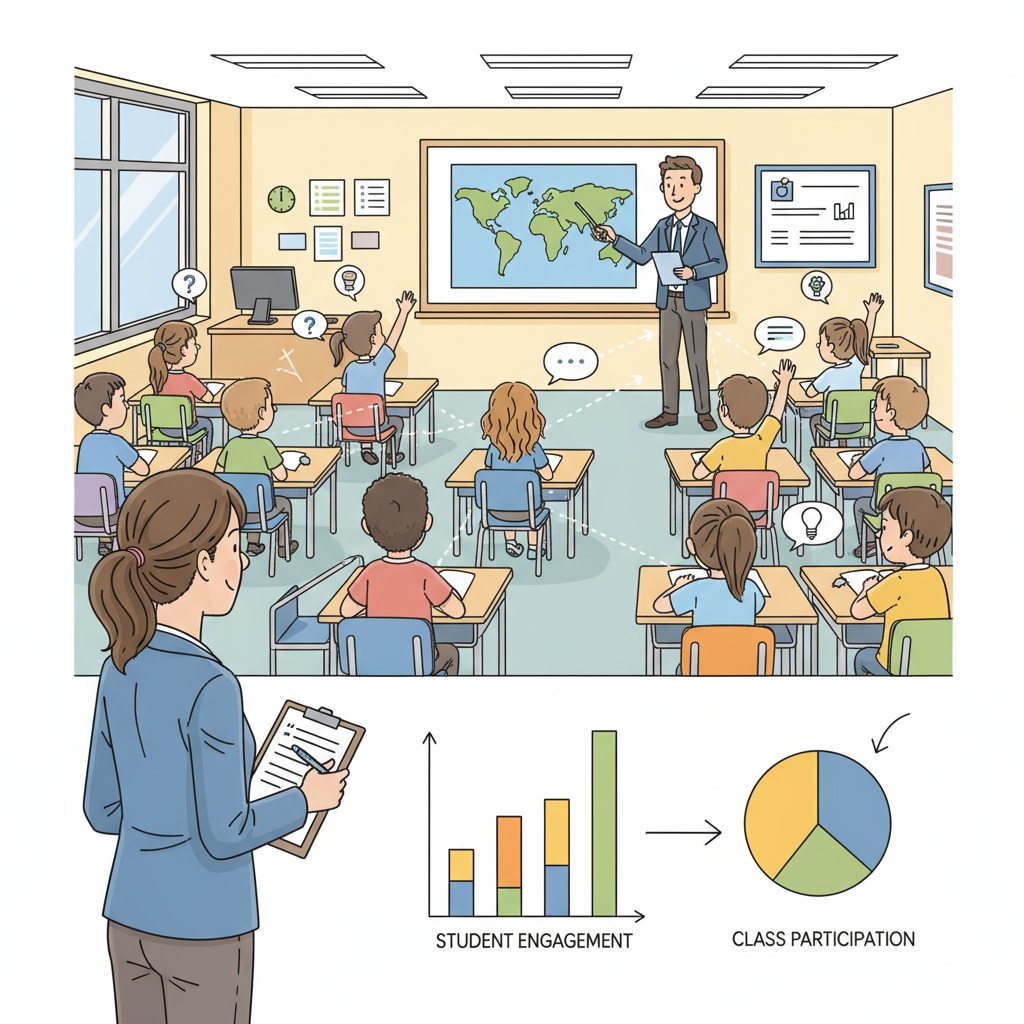Research, evaluation, and educational inequality are intertwined concepts in the realm of K12 education. In this article, we will delve into their relationship and how they can be harnessed to promote educational equity.

The Nature of Research in K12 Education
Research in K12 education is a systematic process of inquiry. It aims to understand various aspects of teaching, learning, and educational systems. For example, researchers might study the effectiveness of different teaching methods, such as project – based learning or flipped classrooms. According to ERIC (Educational Resources Information Center), research can provide valuable insights into student needs, learning styles, and the impact of educational policies. This knowledge serves as a foundation for making informed decisions in education.

The Role of Evaluation in K12 Education
Evaluation, on the other hand, is about assessing the quality, effectiveness, or value of educational programs, practices, or outcomes. It helps in determining whether educational goals are being met. For instance, standardized testing is a common form of evaluation used to measure student achievement. As stated by the National Education Association, evaluation can identify areas of strength and weakness in educational institutions, allowing for targeted improvements. It also holds educators and institutions accountable for the quality of education provided.
The relationship between research and evaluation is symbiotic. Research provides the theoretical and empirical basis for evaluation. It helps in identifying what to evaluate and how to design effective evaluation tools. Evaluation, in turn, validates research findings and provides real – world feedback that can inform further research. Together, they form a powerful force in addressing educational inequality.
Addressing Educational Inequality through Research and Evaluation
Educational inequality is a persistent issue in K12 education, with disparities in access to quality education, resources, and opportunities. Research can identify the root causes of these inequalities, such as socioeconomic factors, geographical location, or differences in school funding. Evaluation can then be used to measure the impact of interventions aimed at reducing these inequalities. For example, a research – based intervention might involve providing additional resources to underprivileged schools. Evaluation can determine whether this intervention has led to improved student performance and reduced achievement gaps.
In conclusion, research and evaluation are essential components in the fight against educational inequality in K12 education. By understanding their relationship and leveraging their strengths, we can work towards a more equitable educational system. As educators, researchers, and policymakers, it is our responsibility to use these tools effectively to create a brighter future for all students. Readability guidance: We have used short paragraphs to present clear ideas. The lists and external links provide valuable references. Transition words like ‘for example’ and ‘in turn’ have been used to enhance the flow of the article.


